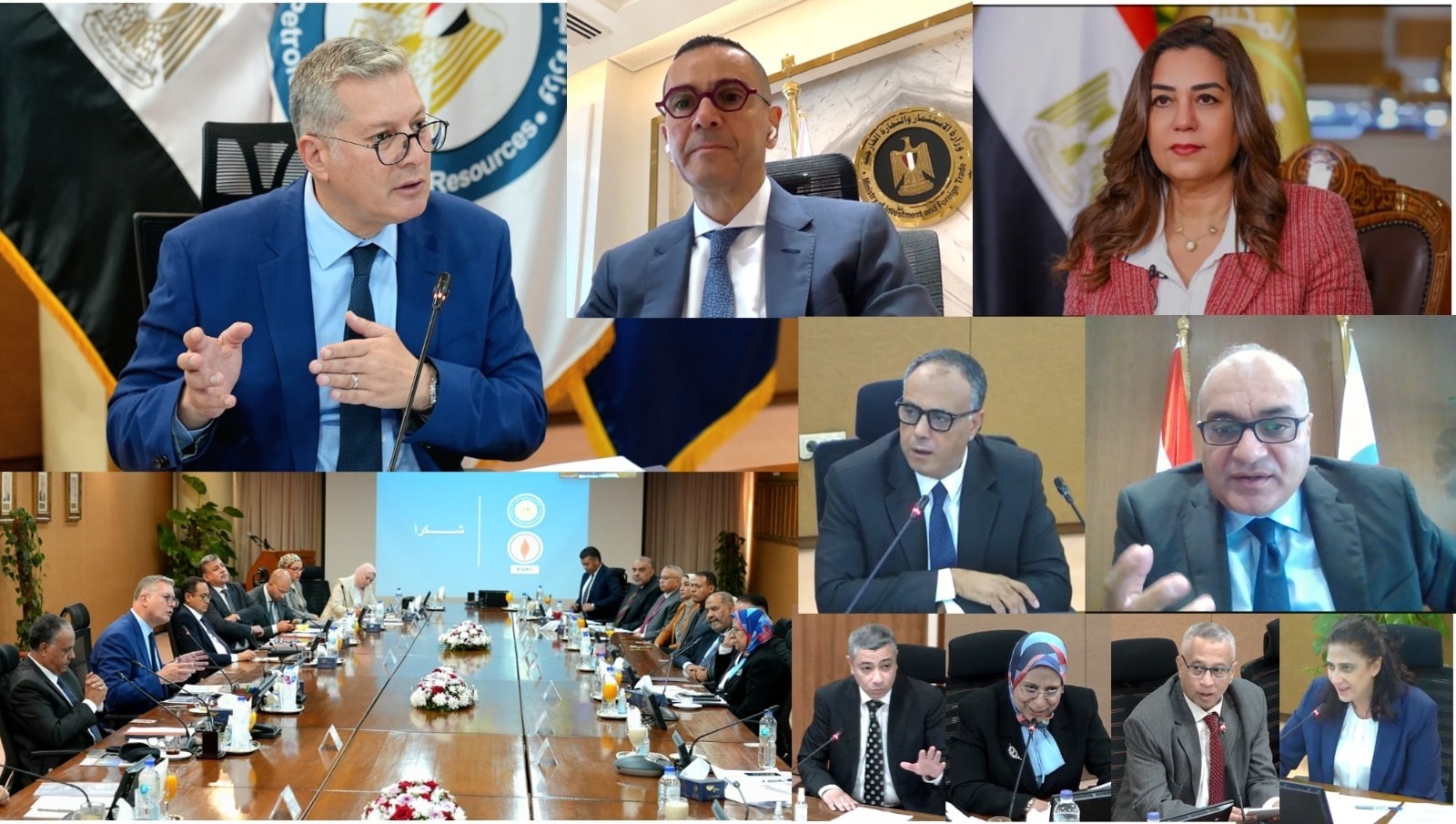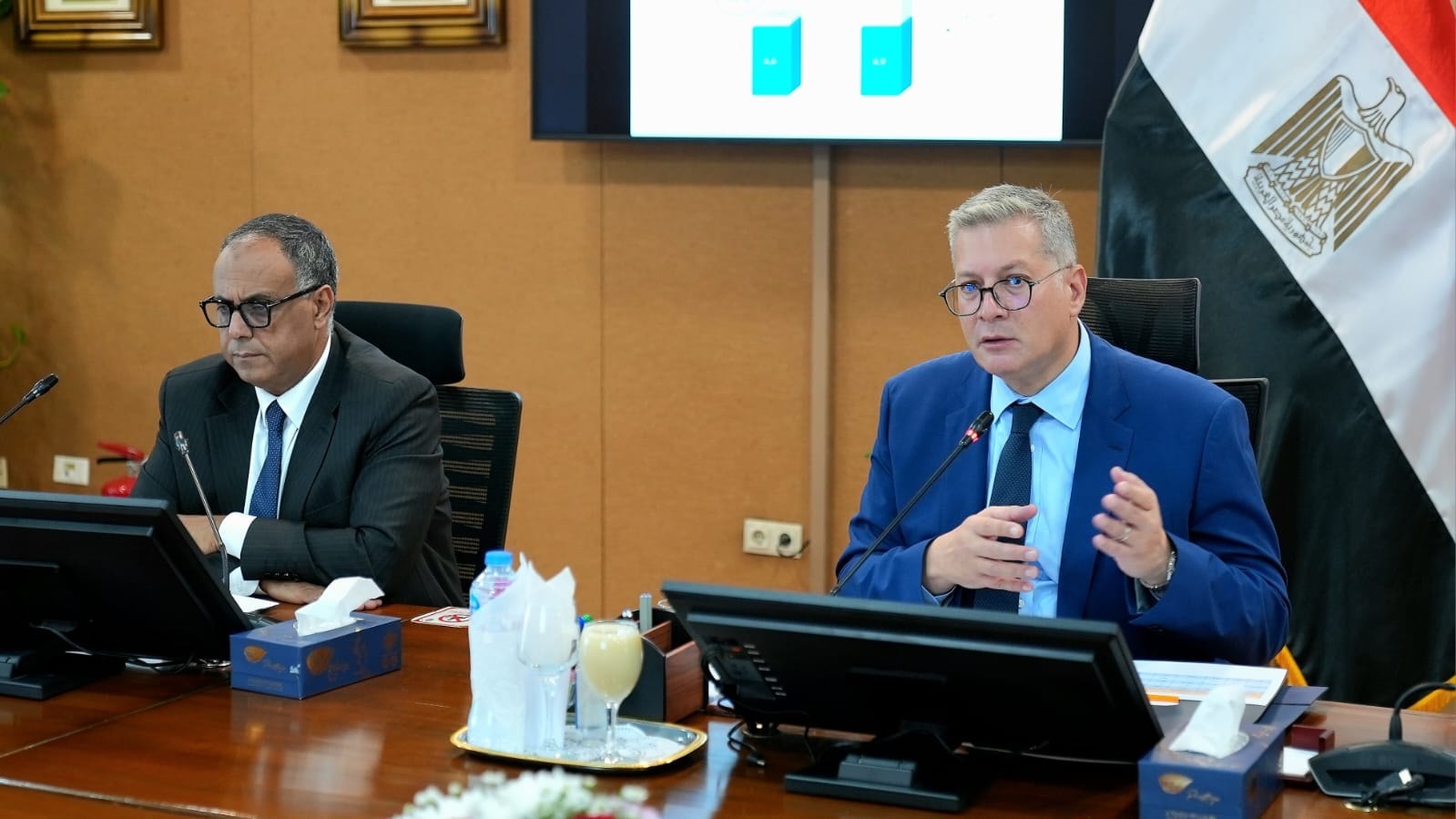Egypt’s petroleum sector successfully balanced the need to maintain uninterrupted electricity supplies with providing for the country’s broader energy needs during a “challenging” fiscal year (FY) 2024/25, the minister of petroleum and mineral resources said on Sunday.
Chairing a board meeting of the Egyptian General Petroleum Corporation (EGPC) to approve the year’s results, Minister Karim Badawi praised the efforts of the sector’s employees. He highlighted a two-pronged strategy that addressed declining domestic production while expanding infrastructure to receive new supplies, noting that these efforts have successfully stabilised local output and put it on an upward trajectory.
Badawi also stressed the importance of an integrated plan to increase crude oil production in the near term and prioritising projects that provide petroleum products locally to reduce the import bill. He thanked President Abdel Fattah Al-Sisi for his full support and continuous follow-up on the sector’s activities, particularly the payment of dues to foreign partners, which he said has created an attractive investment environment.
During the meeting, EGPC’s CEO, Salah Abdel Karim, reviewed the year’s key results. He announced the signing of 11 new agreements for oil and gas exploration and production, 12 development and production contracts, the achievement of 49 new oil and gas discoveries, and the implementation of a plan to drill 71 exploration wells.

In securing the needs of the local market, Abdel Karim said the full domestic consumption of 83.6 million tonnes of petroleum products and natural gas was met, while total local production exceeded 60 million tonnes. Refineries processed about 25.3 million tonnes of crude oil to provide various petroleum products and fuel.
In the area of energy transition and emissions reduction, he said 18 projects were implemented in solar energy, reducing diesel consumption, and utilising flare gas, with an estimated annual return of about $58m. These projects will reduce carbon dioxide emissions by approximately 270,000 tonnes annually.
At the conclusion of the meeting, the minister honoured the top five companies that successfully increased production over the past year: Badr Petroleum, Petrosnan, Alamein, Borg El Arab, and Khalda. He also recognised the top five companies in the field of safety, occupational health, and environmental protection: Petrobakr, Pharaonic, Rashid Petroleum, Petrobel, and Petrosafe.
